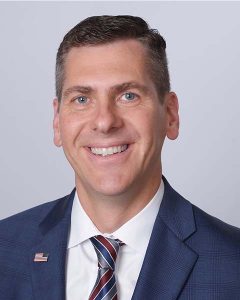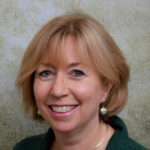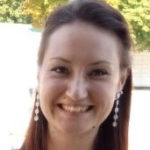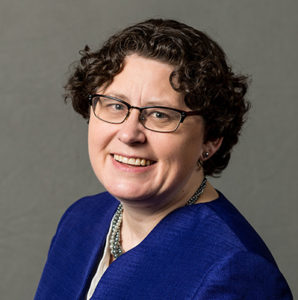“The Bear and the Bees”: How Religious Freedom Strengthened Ukrainian Resiliency
 John Moroz Smith leads the law department of a global financial services company. Smith served in the George W. Bush White House, clerked for Judge Samuel Alito, and served as a U.S. Army reservist.
John Moroz Smith leads the law department of a global financial services company. Smith served in the George W. Bush White House, clerked for Judge Samuel Alito, and served as a U.S. Army reservist.
As I layer the daily news of Russia’s invasion of Ukraine over the range of my experiences since 1992 in both countries [1], an underlying, under-appreciated theme strikes me. It helps explain why the initial expectations of Ukraine’s attacker and allies alike were so wrong about Ukraine’s resiliency. It also hints at how this conflict likely plays out.
This is the theme: Ukraine’s relative freedom and openness and governmental weakness (especially as compared to Russia) since Soviet collapse in 1991 has created a busy hive of voluntary civic activity—especially religious activity—that likely will outlast the invasion forces. The nature and intensity of that voluntary activity is unprecedented in that oft-occupied nation’s history. It has reorganized Ukrainian society away from its Soviet legacy, connected Ukrainians with free peoples and powerful institutions abroad, revived Ukraine’s spiritual and moral strength, and strengthened its resiliency against totalitarianism.



